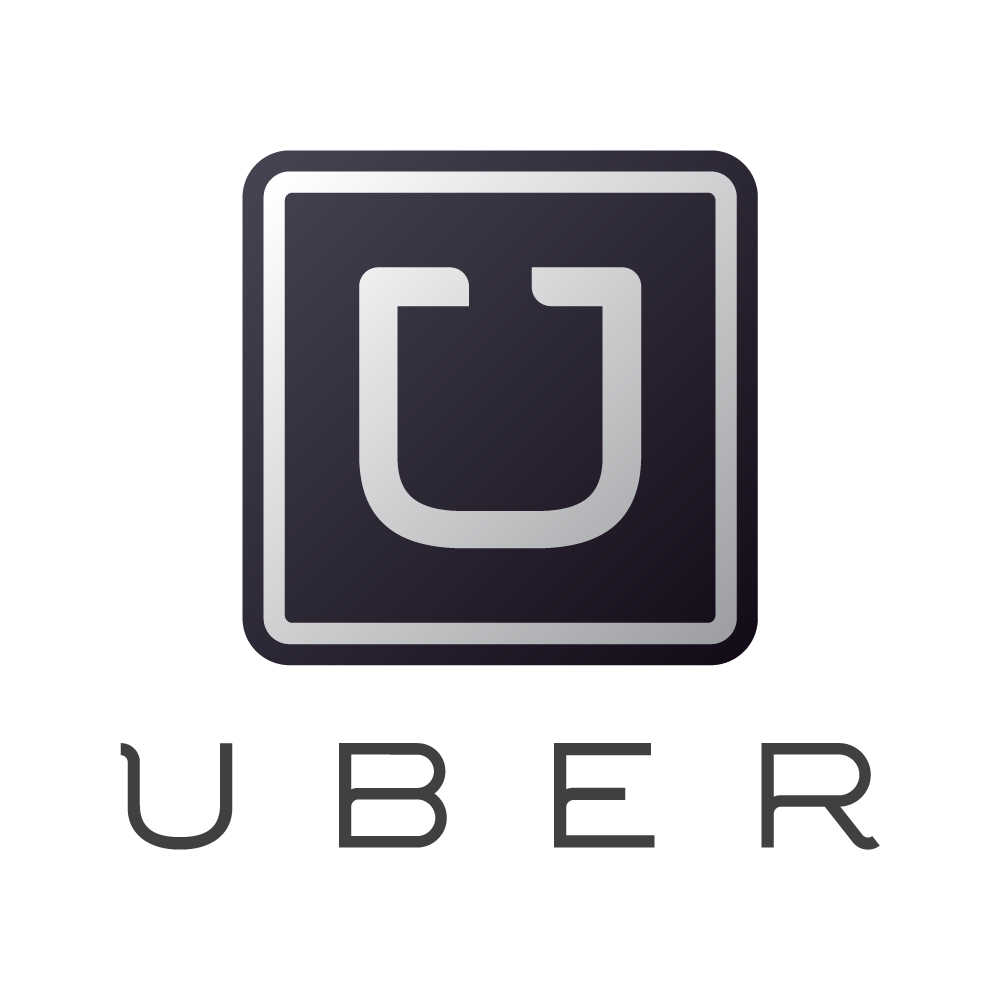This article is part of a series on the present and future of digital payments. For the full report, click here.
The future of payments is currently being defined by two driving trends: a frictionless transaction experience, and the movement to mobile.
To illustrate how this transformation is taking shape today, let's look at two brief case studies that really exemplify both the frictionless and mobile concepts.
Uber
Uber is a start-up car ride service. If you need a ride, you download the Uber app onto your smartphone and click a button that says "Request Pick Up". Using your phone's GPS, the app sends out a request to Uber drivers in the area. These drivers are not traditional taxi's, but are everyday folks looking to make some extra cash.

The driver receives your request, accepts it, and the Uber notifies you of the driver's name, their car, and a rating derived from peer reviews. You can track the car's location as they approach on the phone using GPS, or the app will notify you when the driver is there.
From there you simply tell the driver where you want to go, you are dropped off, and that's it.
There is no exchange of cash. No swiping of a card. No human requirement whatsoever to facilitate the payment.
The Uber app simply charges your pre-stored card for the correct amount at the completion of the ride. The driver is paid every two weeks by Uber.
The entire transaction is hidden. There is no friction. You simply get in the car, go to your destination, and then get out. The entire process is facilitated on your smart phone. It can't get much easier than that.
Mobile Banking in Africa
In the emerging markets and third world, the future of payments is taking shape today. In many of these countries in Africa, Asia, and South America, there is no existing infrastructure to facilitate the digital networks deployed in the U.S. and Europe.
To access these markets and provide modern financial services to these populations, companies like Visa (V 0.16%) and MasterCard (MA +0.55%) have used mobile to change the DNA of the entire payment system.
Without the hard lines on the ground, the only choice for bringing bank accounts, digital transactions, and other tools is through mobile. Visa is doing this in a remarkable way.

These opens them up to serious risk of theft and inflation stealing the value of their money. To solve this, Visa has successfully layered its prepaid card business on top of Africa's exiting mobile phone network.
Visa is able to link an individual's 10 digit phone number to a 16 digit Visa card number. That same individual can now take their cash and effectively deposit it into an account at that same convenience store. The individual can then access their money wherever Visa is accepted.
The new system is safer, is very simple for the consumer, and it's only possible thanks to mobile.
To read Jay's full report on digital payments, click here.
For more business and investing analysis, Like Jay on Facebook Here.
